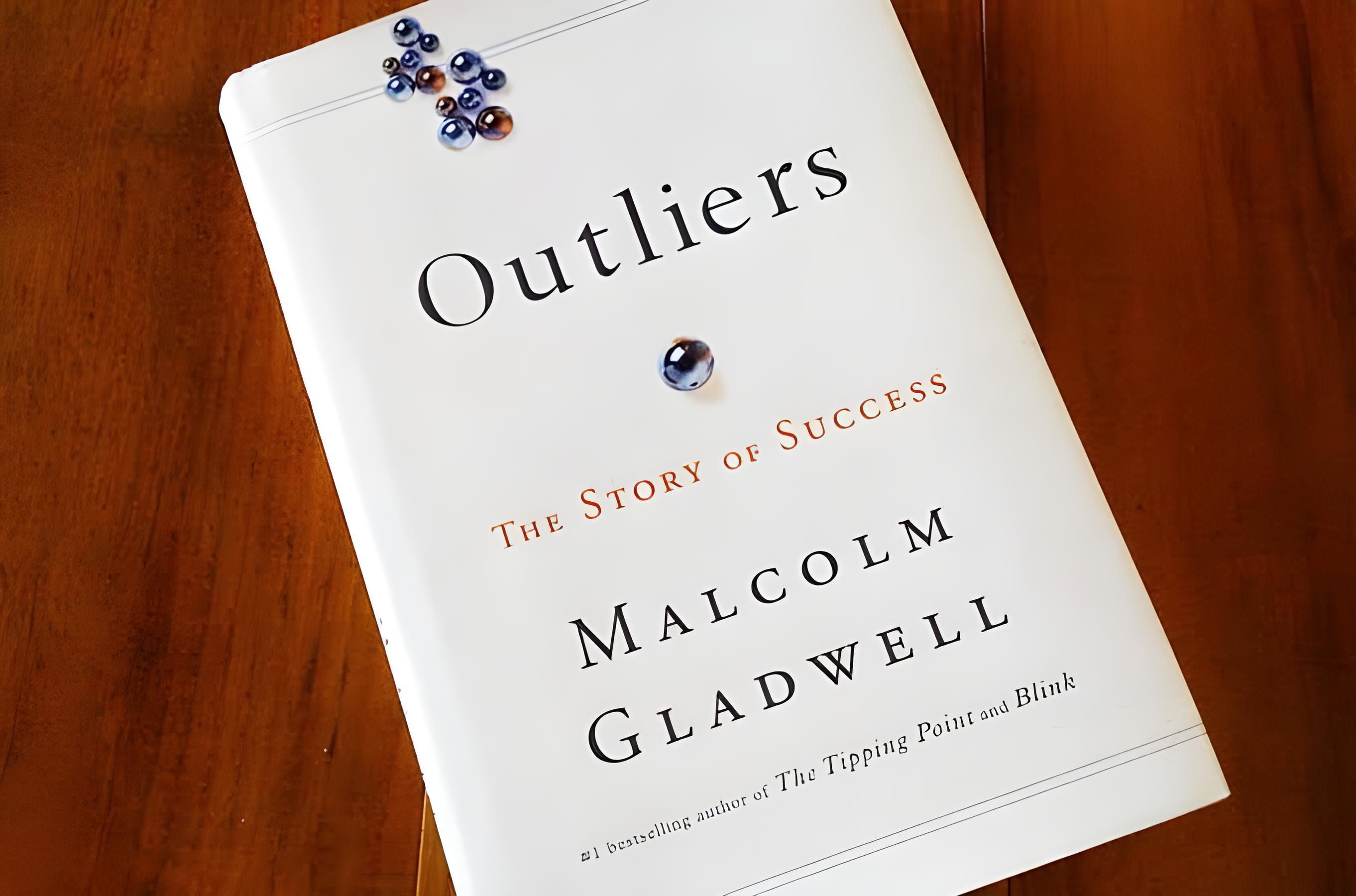Back
SHIV DIXIT
CHAIRMAN - BITEX IND... • 1y
📖 DAILY BOOK SUMMARIES 📖 🔗 DIRECT FREE E-BOOK DOWNLOAD LINK AVAILABLE — https://drive.google.com/file/d/14eK8QvstcYleXfgrG0qI6ho6I9irdxi2/view?usp=drivesdk 🔥 Outliers 🔥 🚀 20 Lessons by 👉 ✨ Malcolm Gladwell✨ 1. The 10,000-Hour Rule: • Mastery in any field requires approximately 10,000 hours of dedicated practice and effort. 2. Timing and Birth Advantages: • Being born at the "right time" can provide unique opportunities. For example, many successful hockey players are born early in the year due to age-cutoff advantages. 3. Opportunities and Access: • Success is often influenced by access to unique opportunities, such as educational resources or mentorship. 4. Cultural Legacies: • Family and cultural backgrounds play a significant role in shaping attitudes, work ethic, and behaviors that contribute to success. 5. The Importance of Hard Work and Perseverance: • Persistent effort over years is crucial for achieving success, with many high achievers starting early and sustaining their efforts. 6. The Role of Family Support: • Family support and encouragement can significantly impact an individual’s confidence, resources, and resilience. 7. Success and Practical Intelligence: • Beyond IQ, practical intelligence (social and interpersonal skills) is critical in navigating complex environments and achieving success. 8. "Accumulated Advantage" Phenomenon: • Small initial advantages can compound over time, leading to increasingly larger opportunities for those already ahead. 9. Cultural Differences in Attitudes toward Work: • Different cultures place varying levels of emphasis on hard work, discipline, and respect for authority, all of which shape approaches to success. 10. The Importance of Legacy: • Success often ties back to family or cultural legacies that inform habits, skills, and approaches to life. 11. Meaningful Work: • People are more likely to succeed when they find their work meaningful and are intrinsically motivated by it. 12. Role of Community and Environment: • The surrounding community and environment shape access to resources, networks, and opportunities, all of which contribute to success. 13. Opportunity and Social Structures: • Social structures, including economic status and educational systems, can either enable or limit opportunities, impacting the likelihood of success. 14. The Power of Persistence: • Consistent, determined effort is often more influential than raw talent; many successful people push through failure and obstacles. 15. The Matthew Effect: • Derived from the biblical phrase “the rich get richer,” this effect explains how those with initial advantages continue to gain more advantages, widening the gap over time. 16. Cultural Attitudes toward Education: • Different cultures have unique educational approaches and attitudes, influencing how students are prepared for future success.

Replies (2)
More like this
Recommendations from Medial
Astrologer Bhraradwaj
The Road to sucess i... • 1y
1st House (Ascendant): Personal growth, increased confidence, and positive changes in self-image. Opportunities for new beginnings and self-improvement. 2nd House: Improvement in finances, speech, and family life. Opportunities for wealth accumulati
See More
TREND talks
History always repea... • 1y
🚀 Why a US-Based Startup Founder Left Bengaluru Twice Within Months 🇮🇳 Dhruv Suyamprakasam, founder of iCliniq, relocated to Bengaluru but returned twice due to challenges. 1. Cultural Misalignment 🏙️: Bengaluru’s fast-paced culture focused on
See More
Vishu Bheda
AI did the magic • 1y
Sex toy market: sex toy market is undergoing a significant transformation, with a market size of around USD 112.45 million in 2023 and a projected CAGR of 15.24%. This growth can be attributed to changing cultural paradigms, e-commerce empowerment,
See More
Gyananjaya Behera
Helping an Idea to S... • 1y
Building a Strong Team: The Backbone of Startup Success Success in Startups isn't just about the idea - it's about the team behind it. Prioritize hiring for passion and cultural fit, not just skills. Foster open communication, encourage collaboratio
See More
Download the medial app to read full posts, comements and news.















/entrackr/media/post_attachments/wp-content/uploads/2021/08/Accel-1.jpg)


















